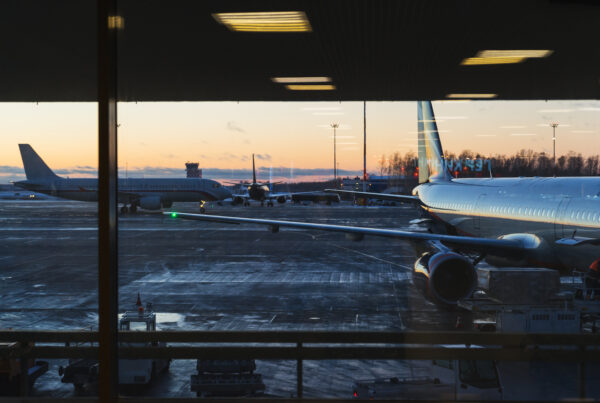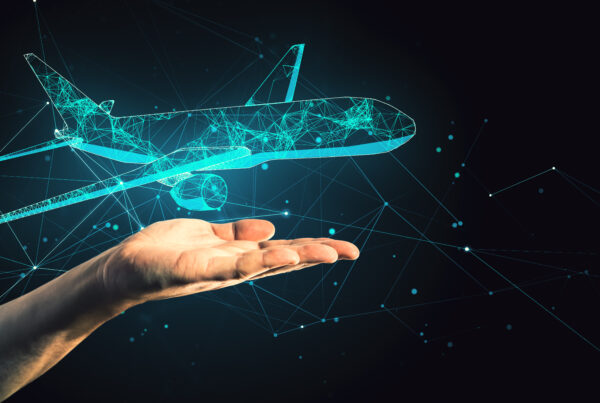Over the past two years, the hiring landscape in airline technology has shifted dramatically. Once dominated by distribution, PSS, and operational systems expertise, the most competitive roles are now going to professionals with backgrounds in retail technology, digital commerce, and data-driven customer experience. Airlines are no longer simply hiring technologists who understand aviation – they are seeking builders who can think like retailers.
From Passenger to Consumer
The shift began as airlines accelerated their digital transformation agendas post-pandemic. With direct distribution, NDC, and Modern Airline Retailing gaining traction, the focus turned to personalisation and dynamic retailing. Airlines now view every interaction – booking, ancillary upsell, disruption management – as an opportunity to enhance conversion and loyalty.
To deliver that, they need people who have built recommendation engines, optimised checkout flows, and managed omnichannel digital platforms. Skills that once lived exclusively in e-commerce are now critical to airline competitiveness.
The Rise of Retail Thinking in Airline Technology
According to IATA, more than 60 airlines are already working towards modern retailing capabilities, many accelerating investments in data, product catalogues, and API-driven offer management. That’s where retail tech talent comes in.
Developers and architects from backgrounds like Amazon, Tesco, or Zalando bring experience in product lifecycle management, pricing algorithms, and customer data utilisation – areas that legacy airline tech stacks are only now beginning to enable.
For hiring managers, this means rethinking the talent profile entirely. A strong candidate might not know what a PNR is, but if they’ve built scalable microservices for dynamic pricing or run loyalty personalisation models, they can add immediate value.
A New Type of Digital Organisation
Many airlines are quietly building internal “digital retail studios” – cross-functional teams that merge product, engineering, and merchandising expertise. The goal is to move faster than traditional IT delivery models allow and experiment like digital retailers do.
This shift also explains why time-to-hire in these roles has dropped. There’s urgency. Every delay in bringing in the right people slows down modern retailing ambitions and risks losing market share to more agile competitors.
What This Means for Talent and Hiring Leaders
For talent, the message is clear: if you come from a digital retail or e-commerce background, the airline industry is now wide open. Your skills are not only transferable but highly sought after.
For hiring leaders, the challenge is strategic. Success depends on bridging two worlds – pairing domain experts who understand airline complexity with retail technologists who can bring the speed and scalability that modern commerce demands.
The winners will be those who can blend both cultures to deliver smarter, faster, more profitable retailing experiences.




